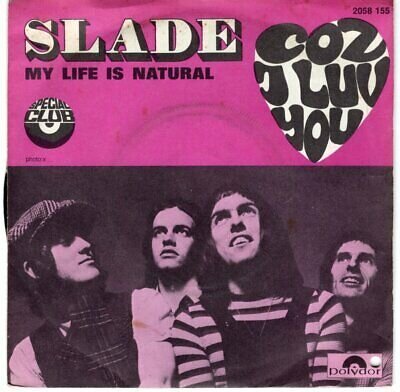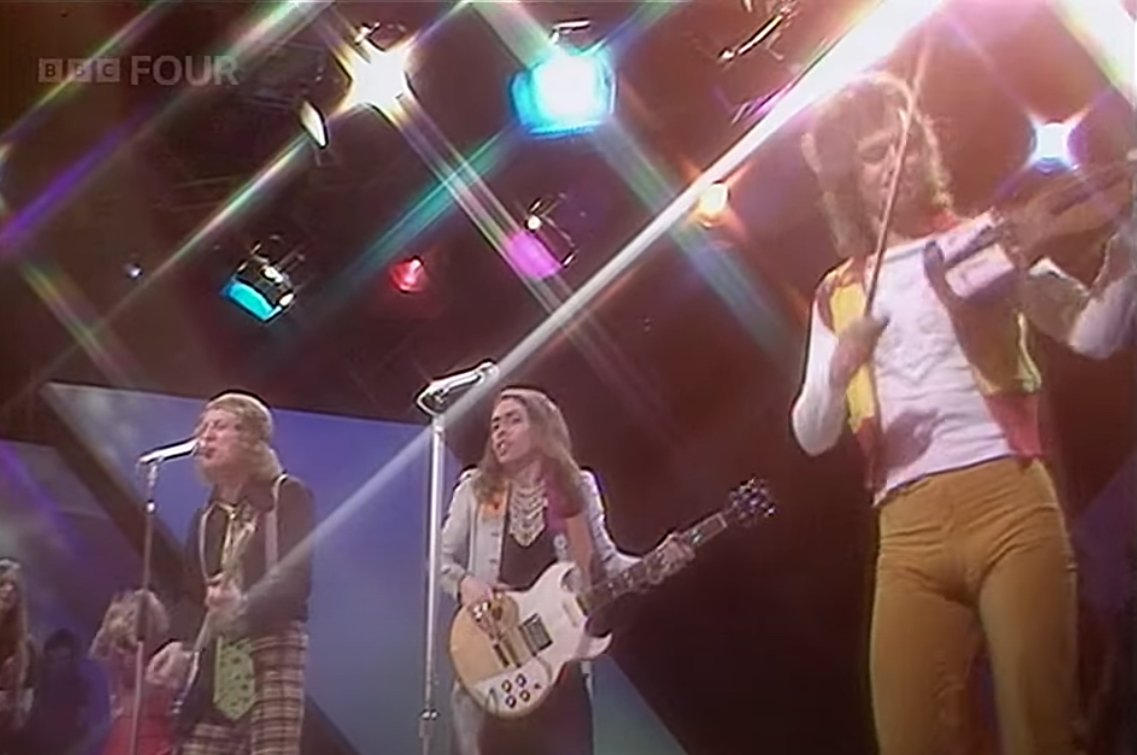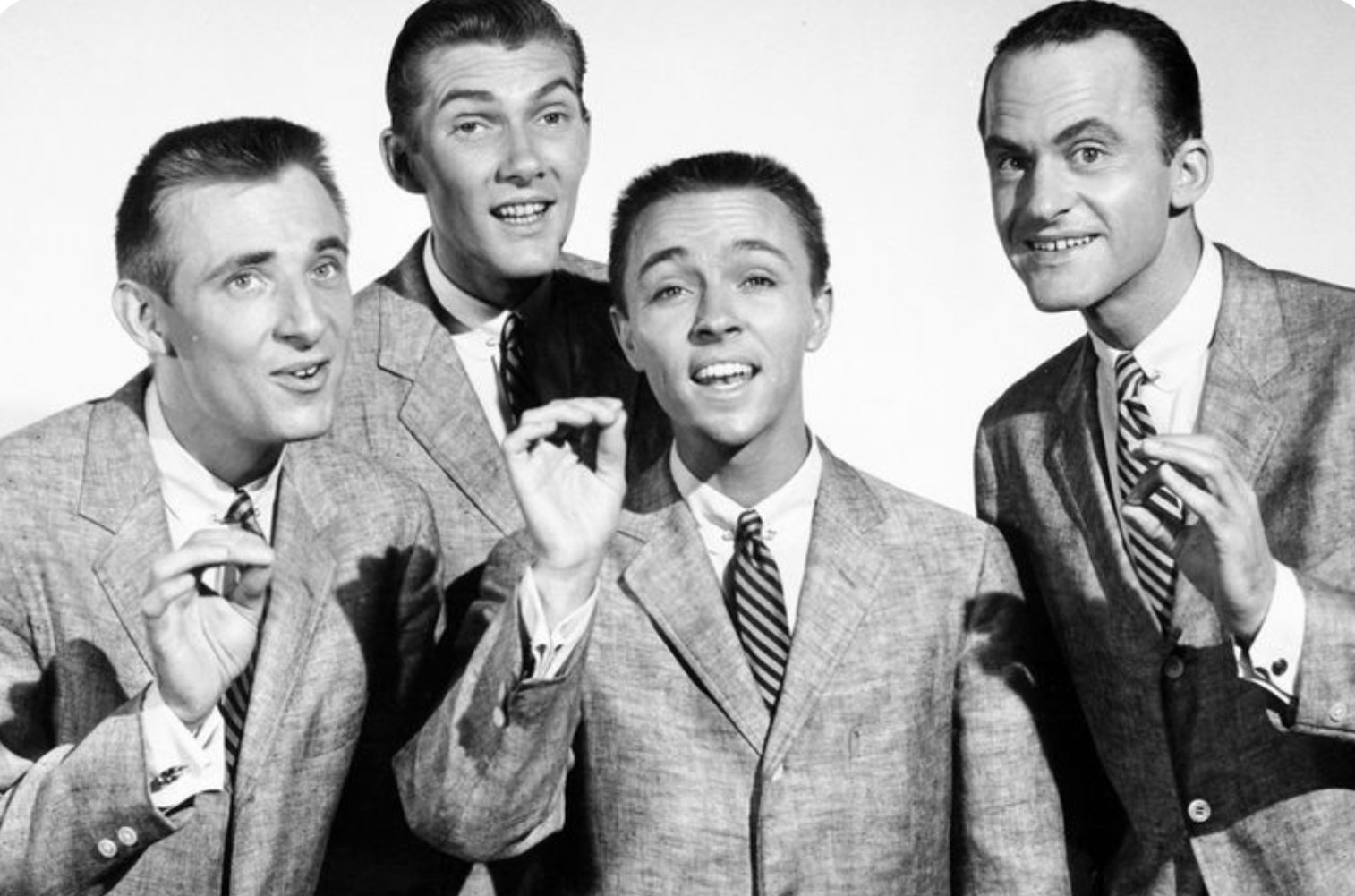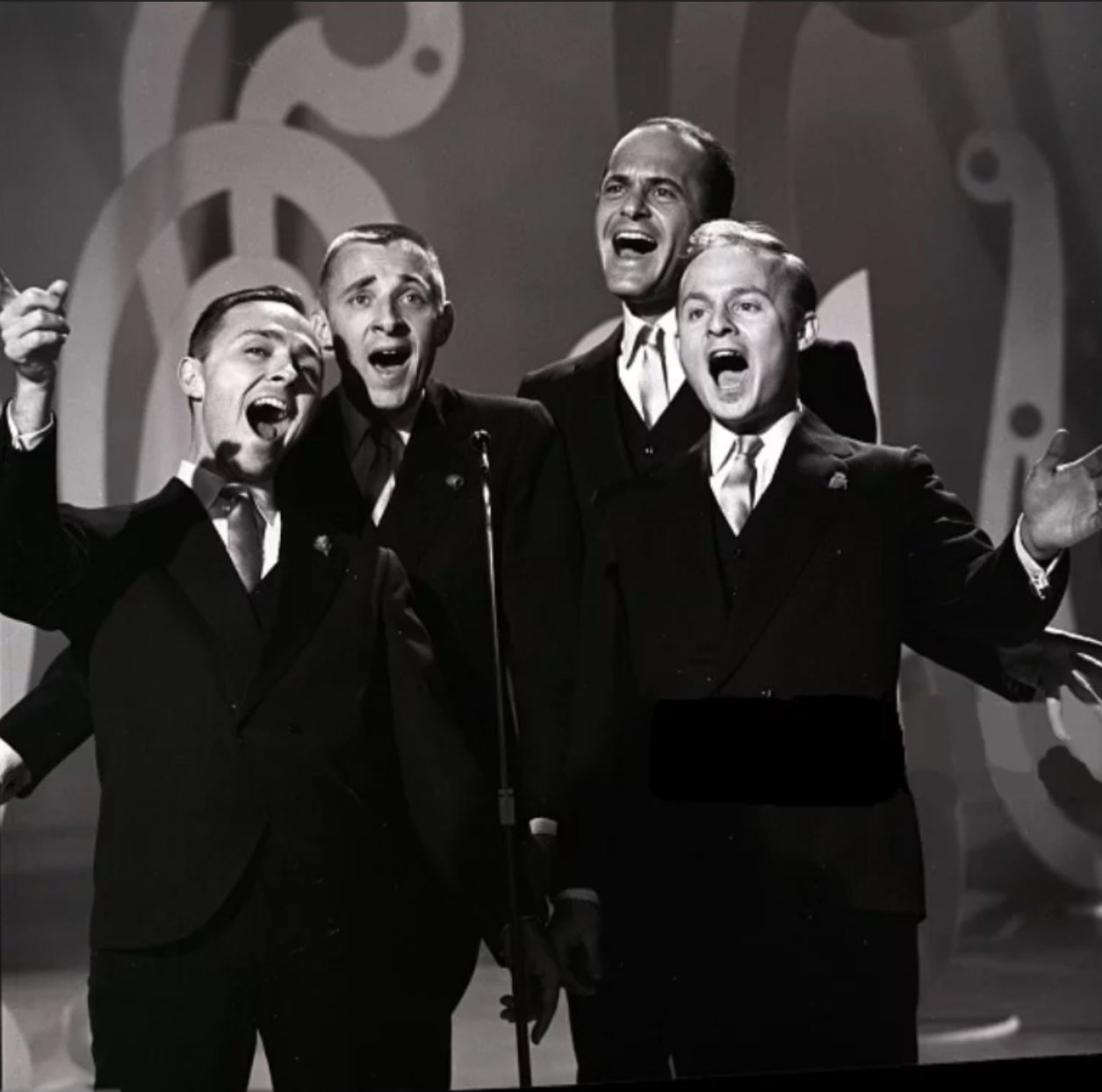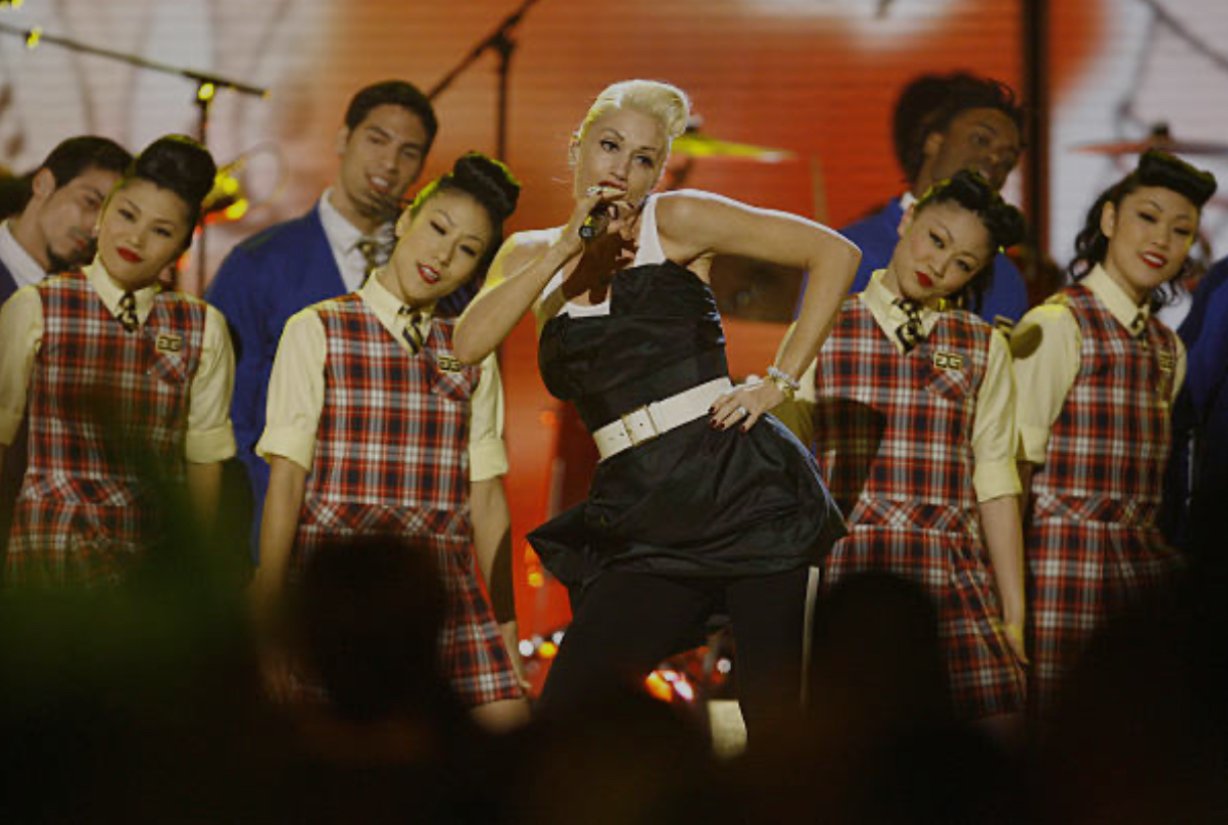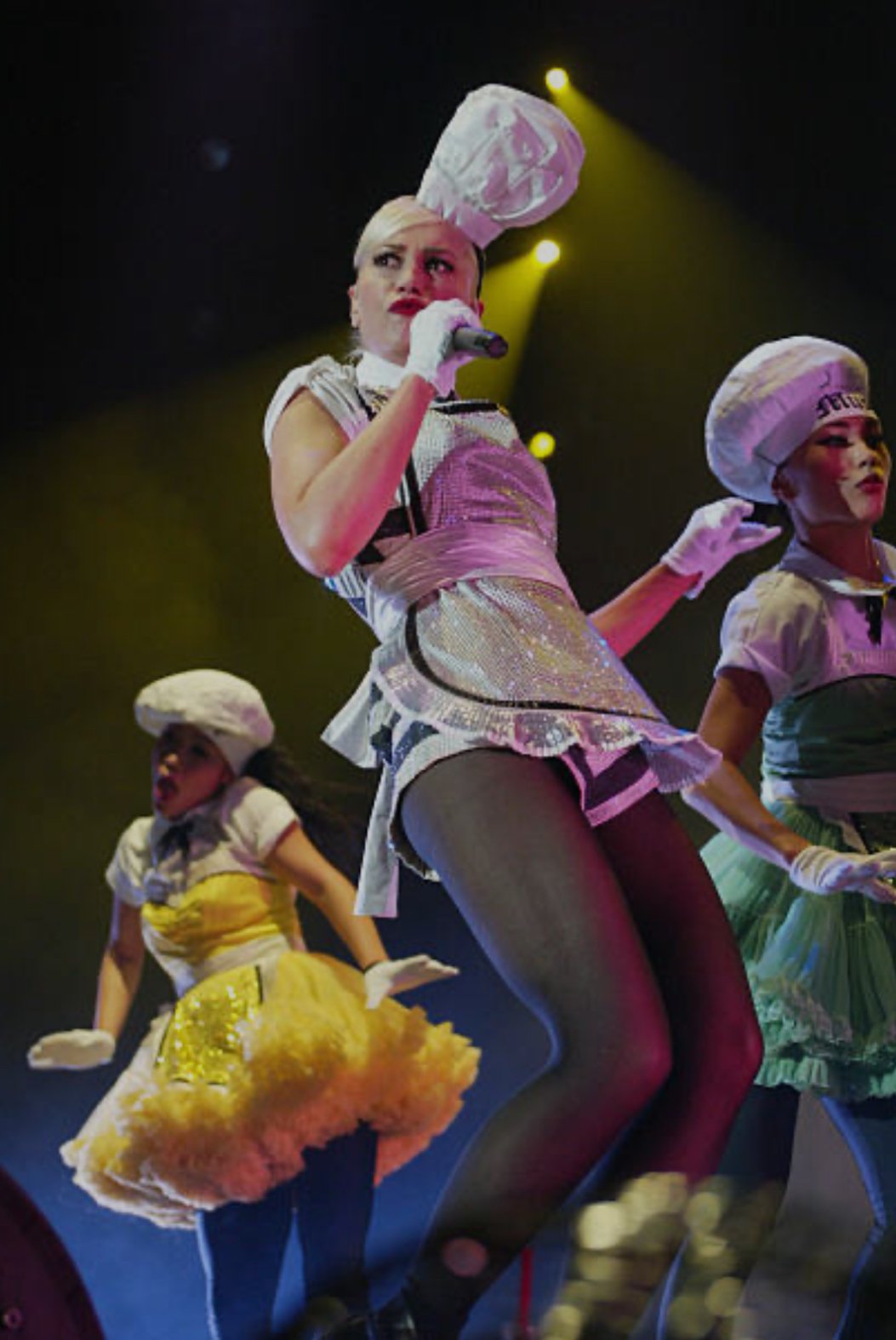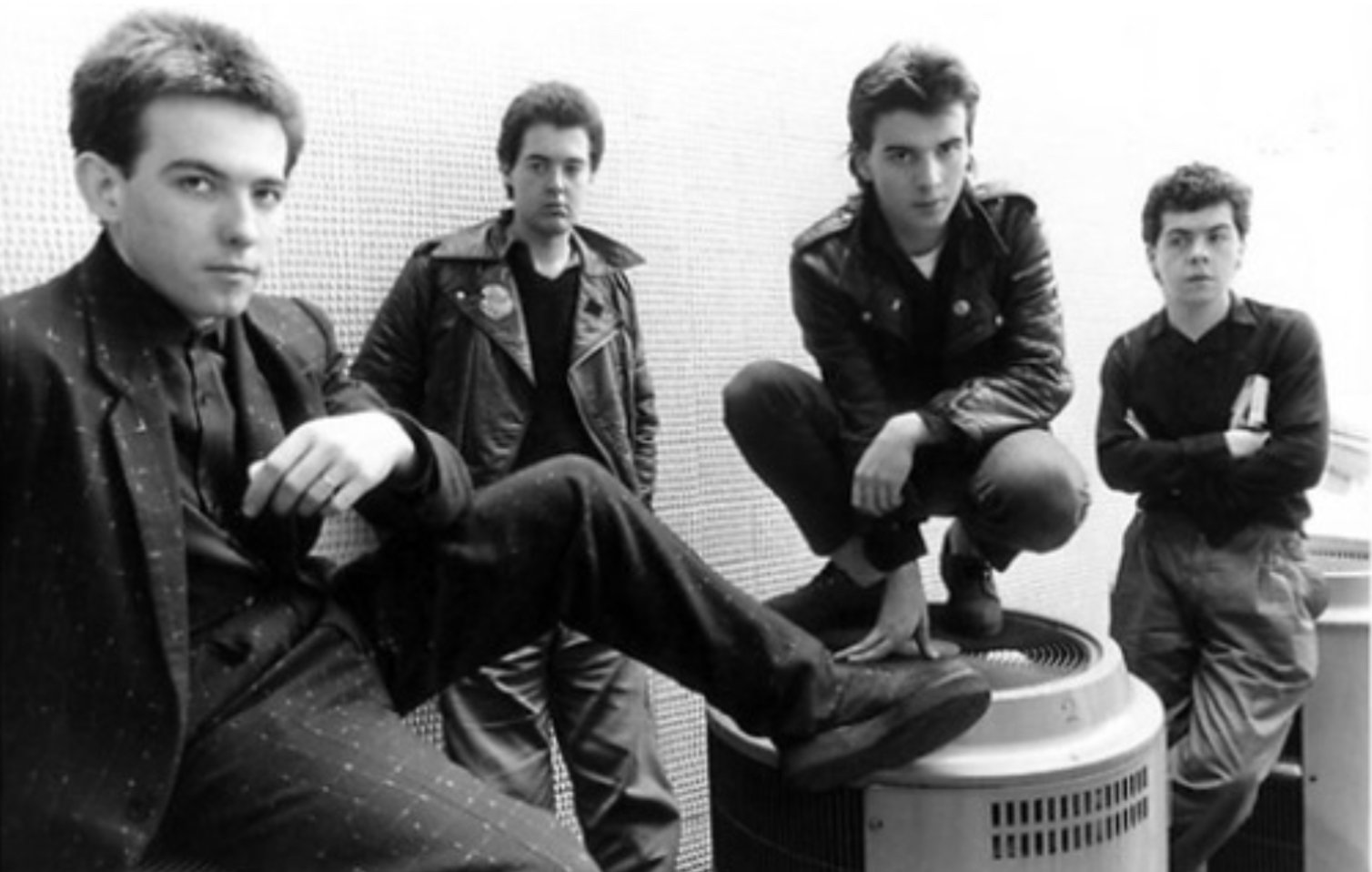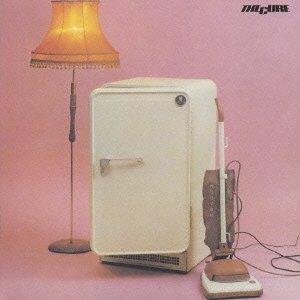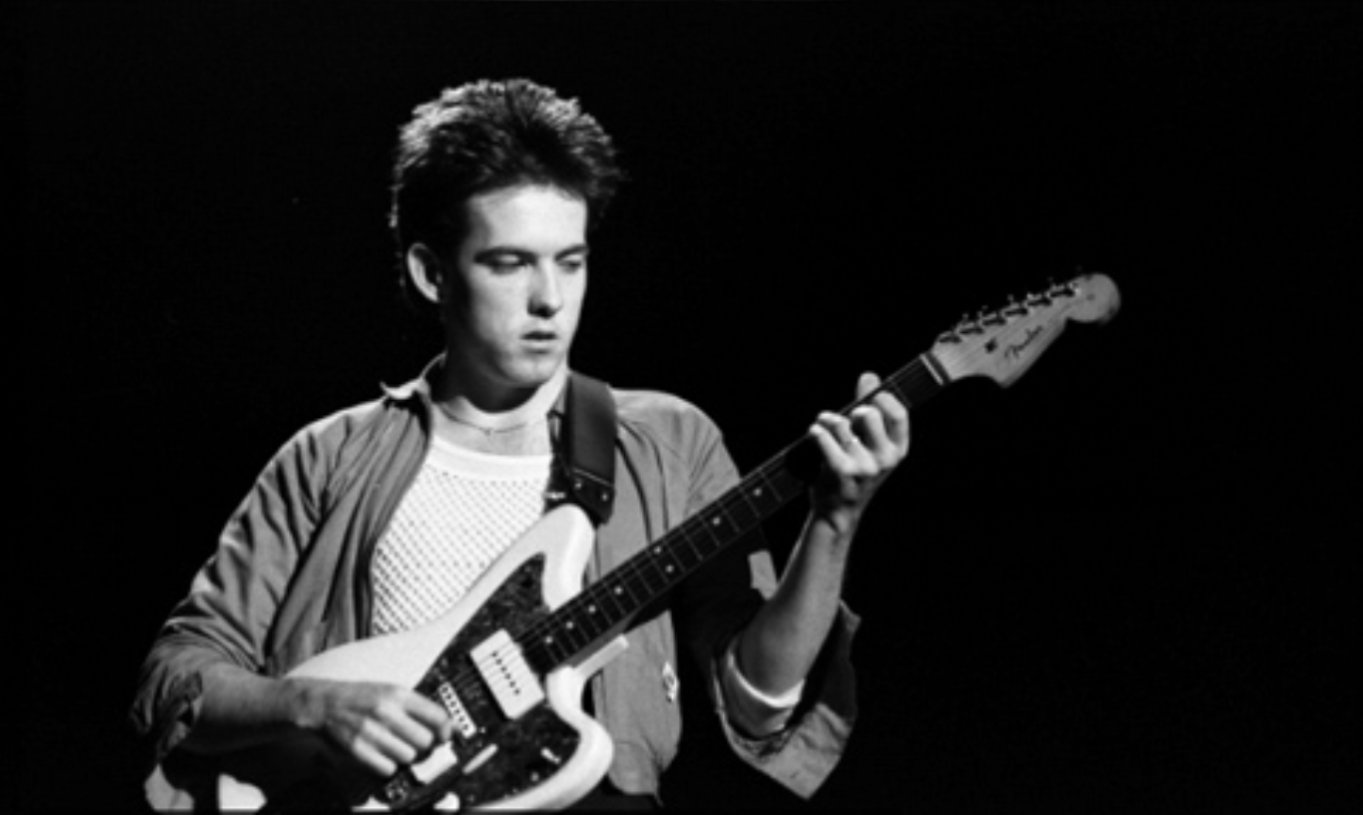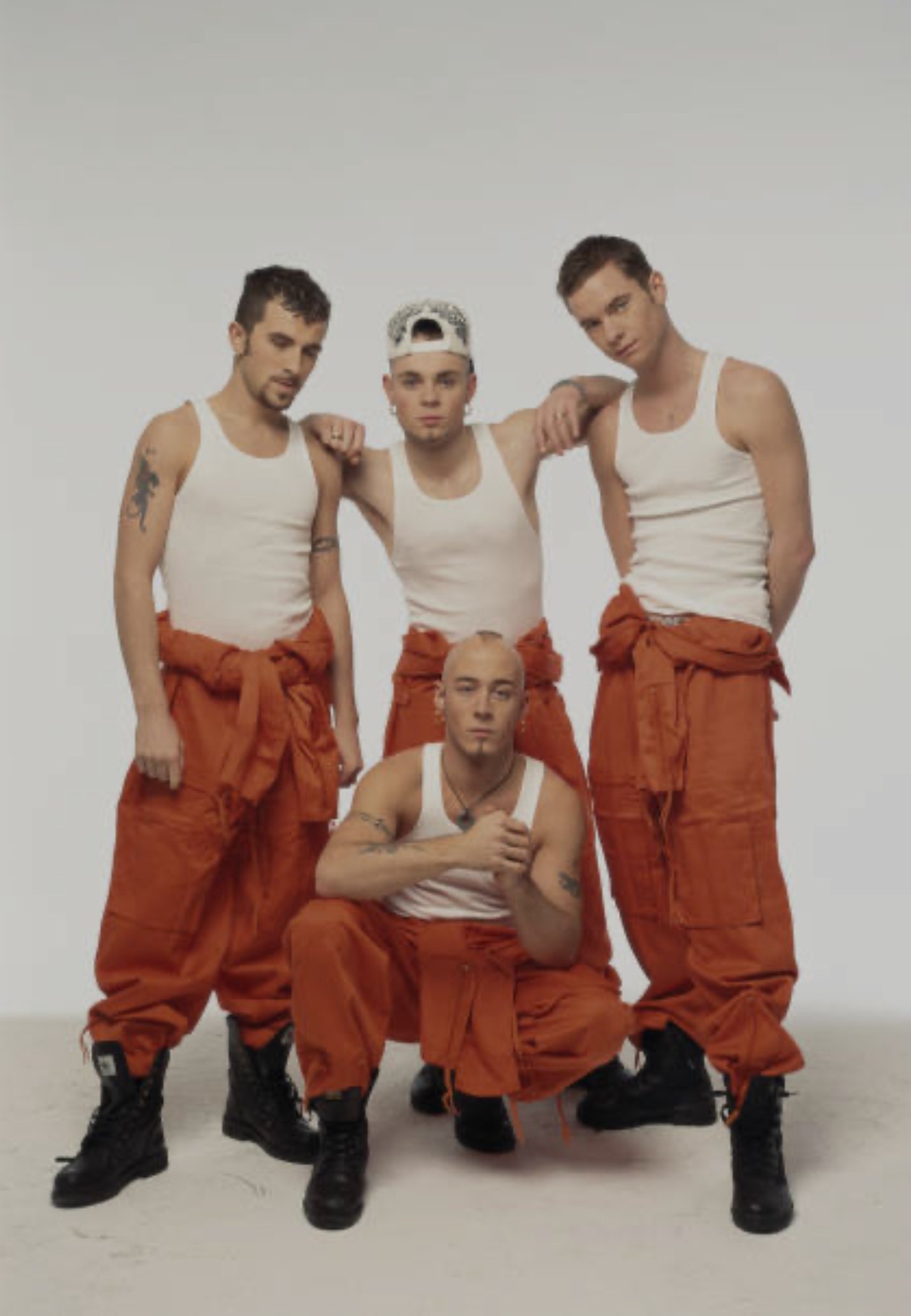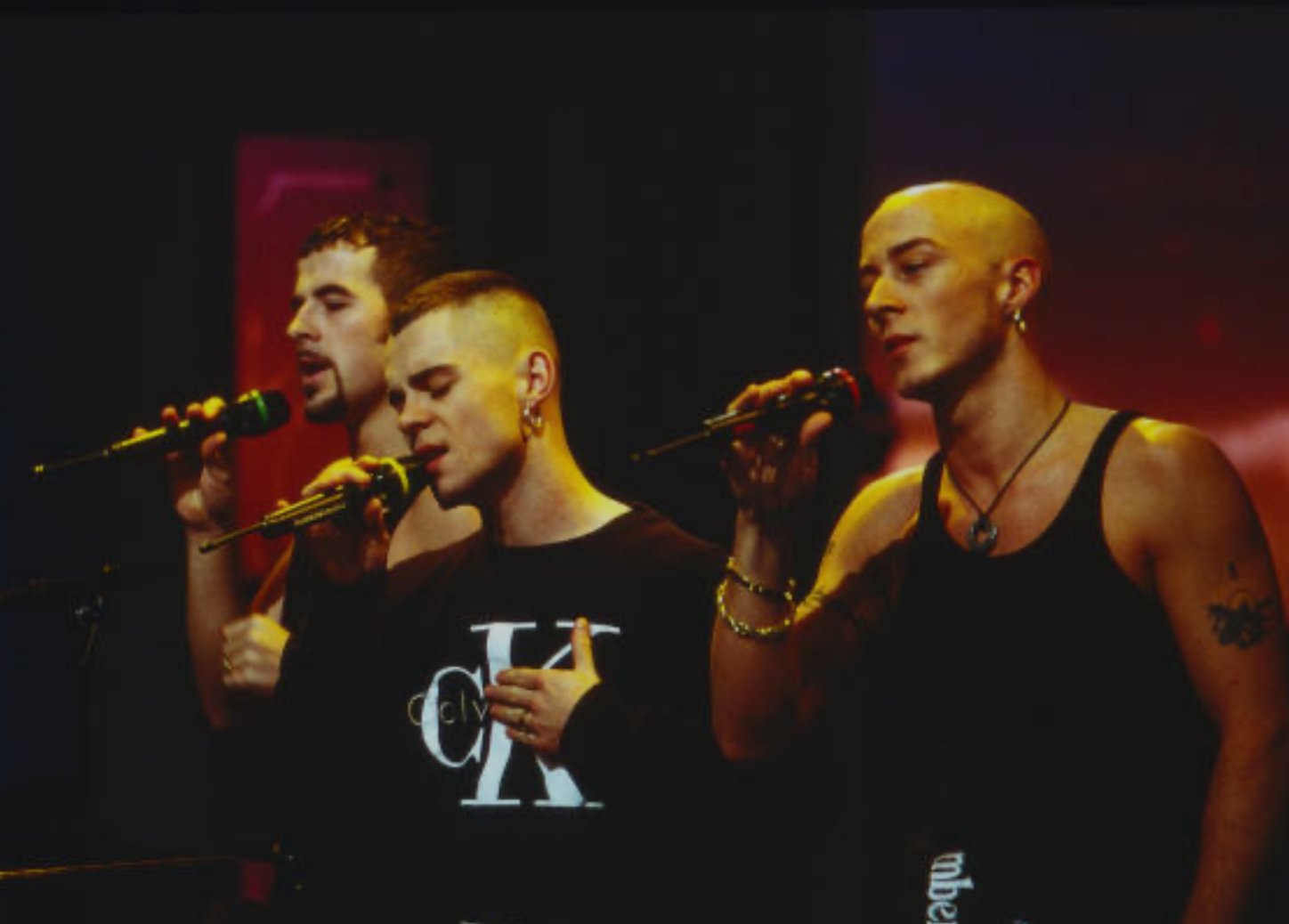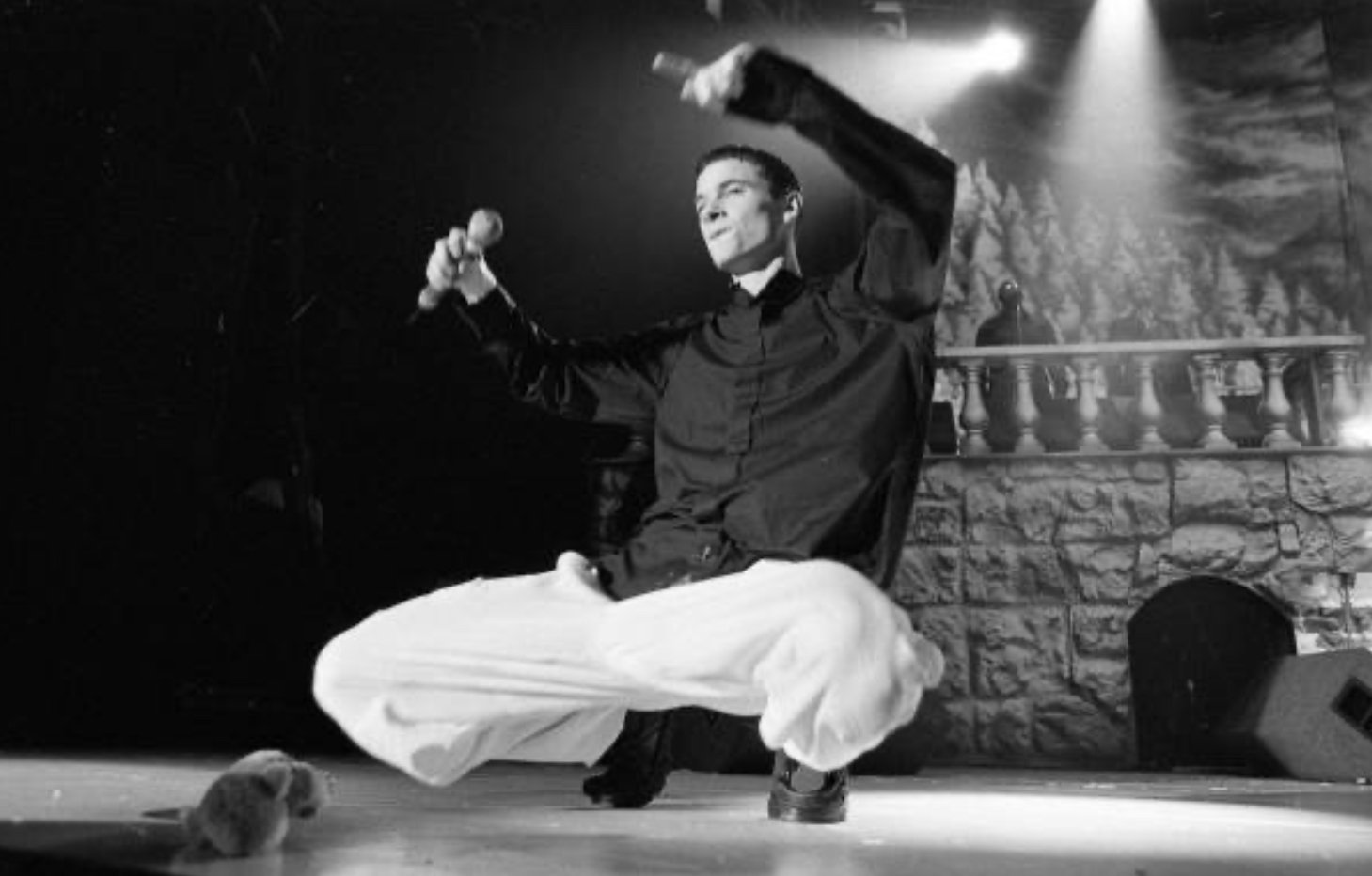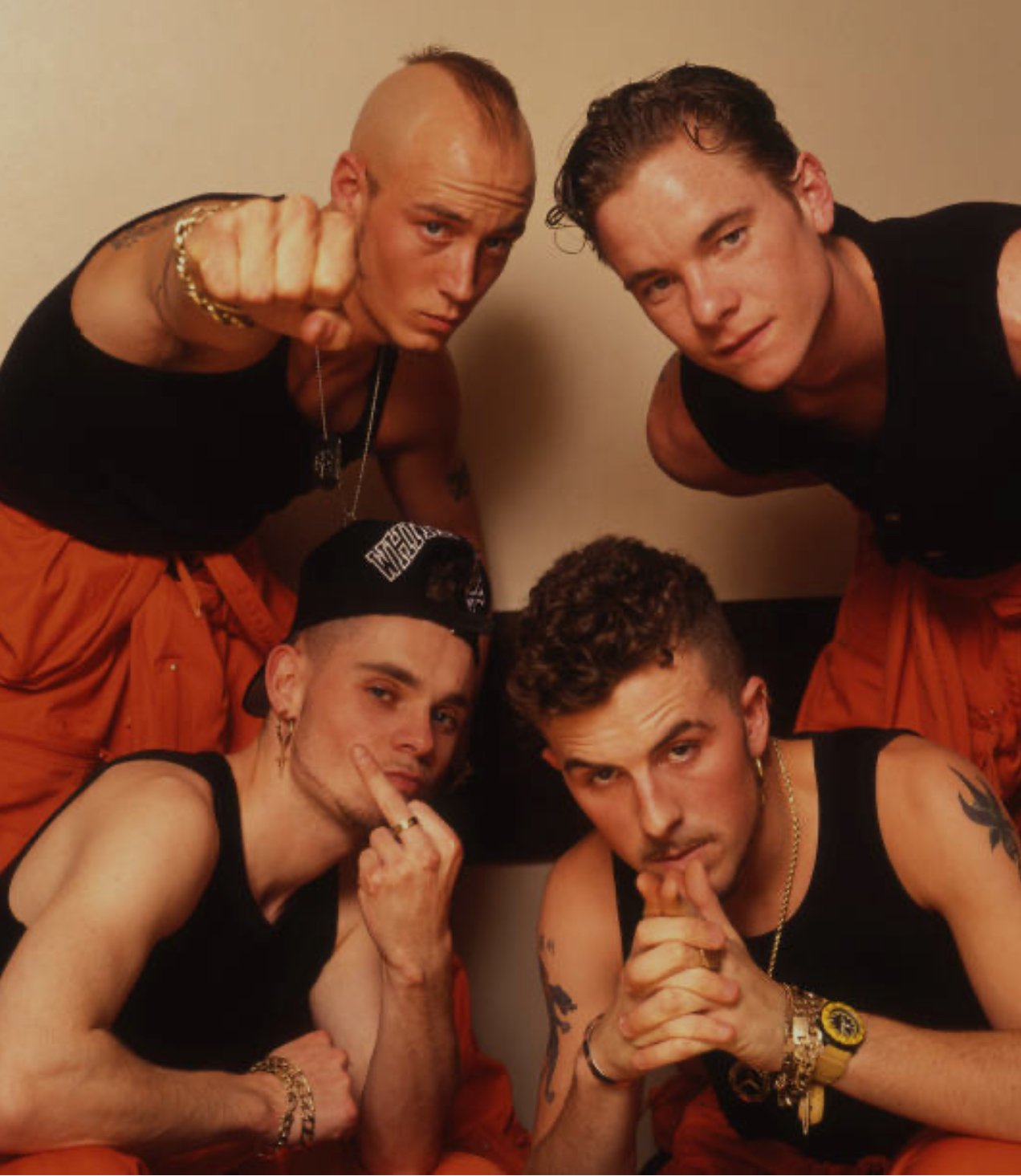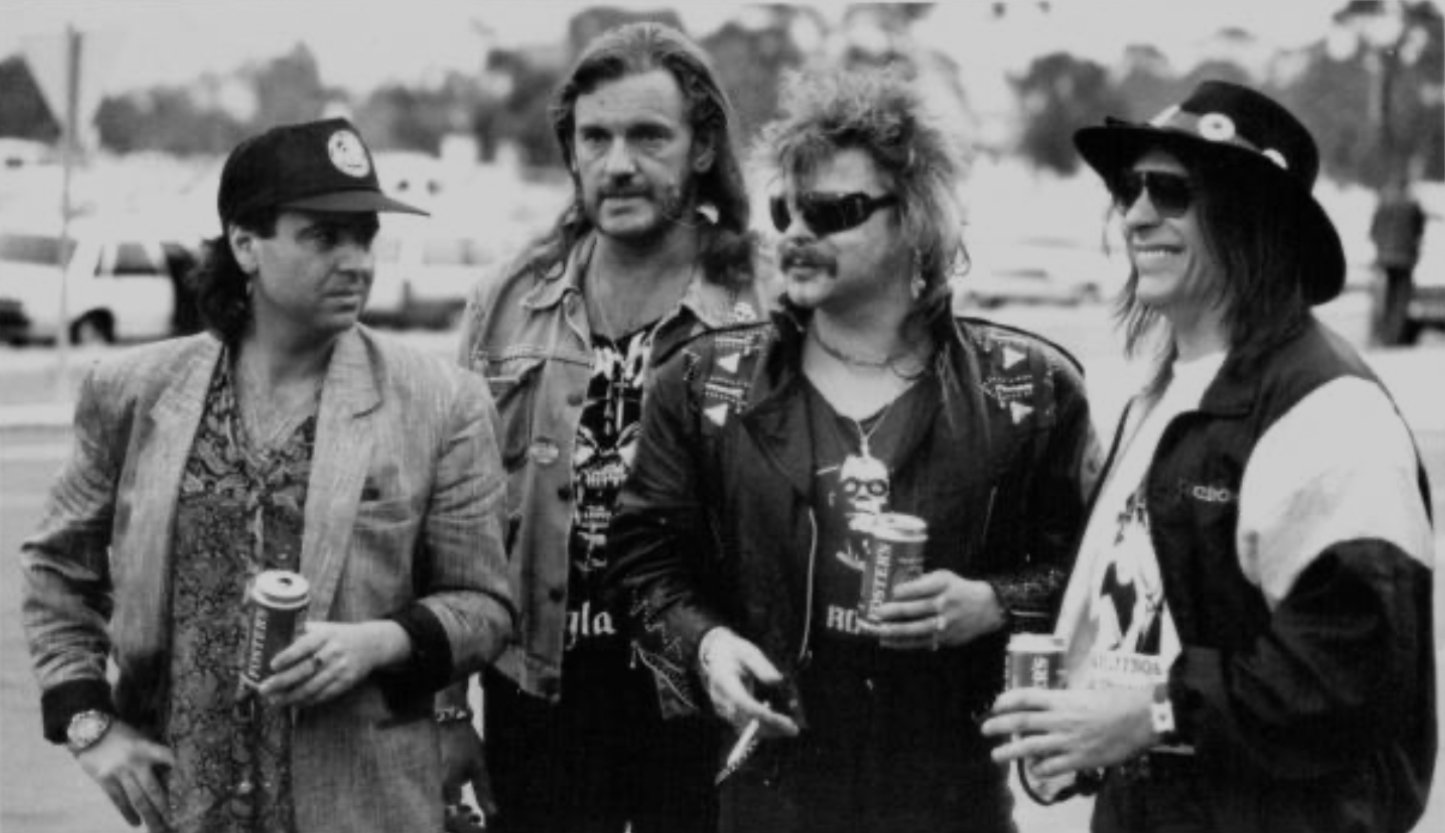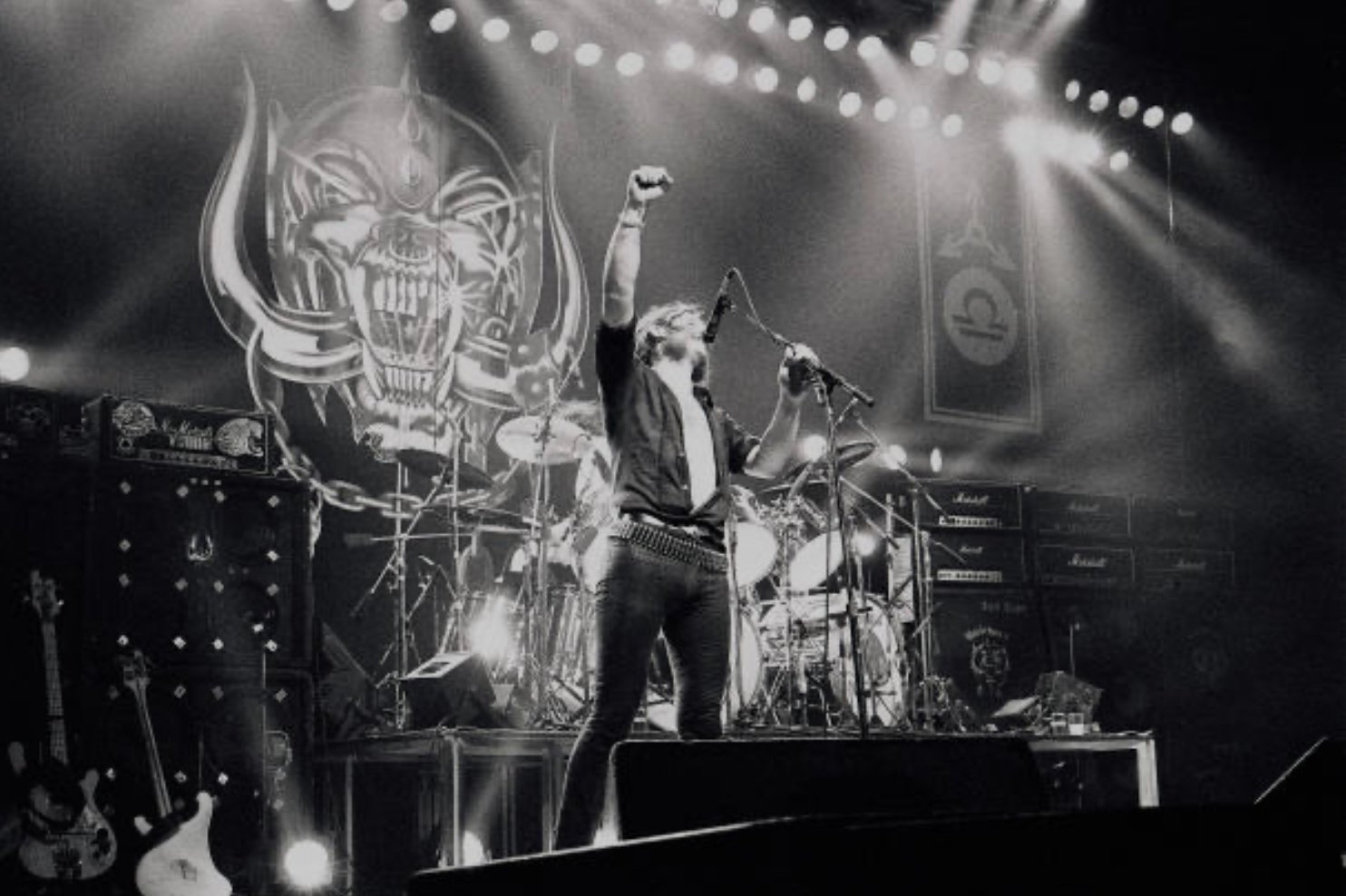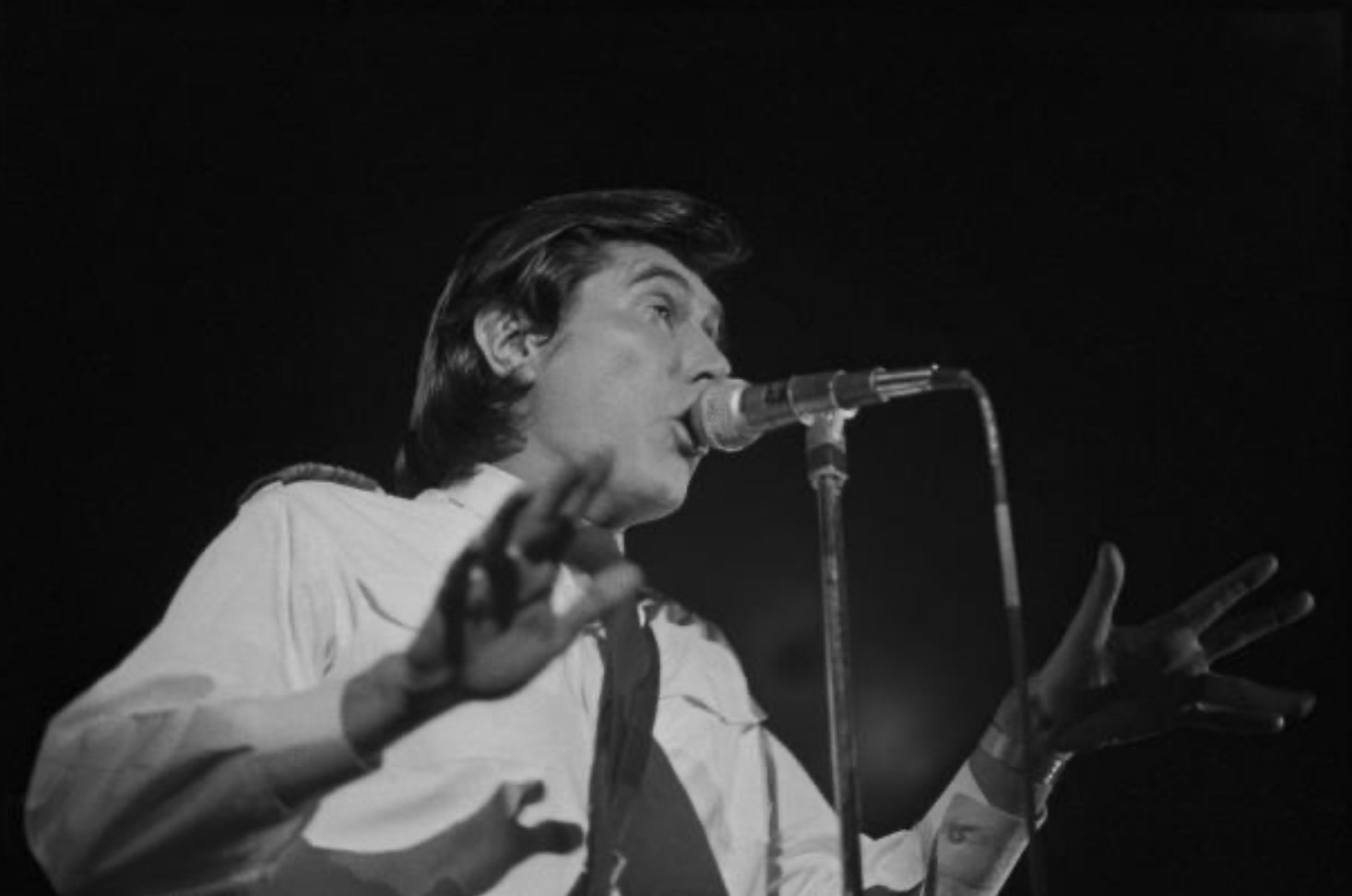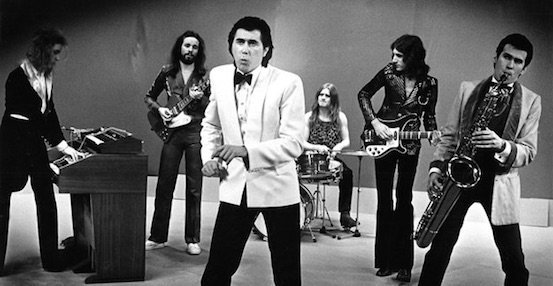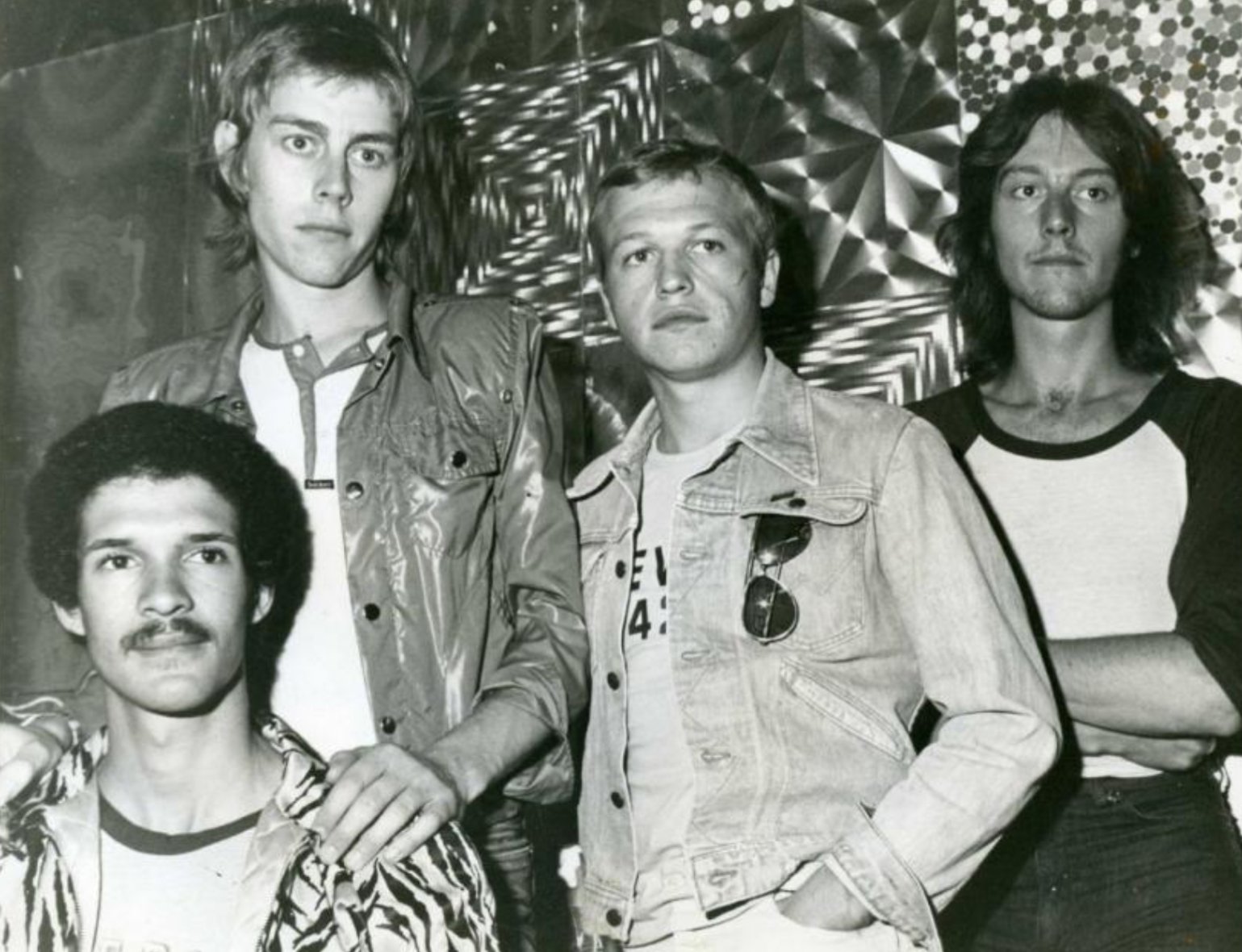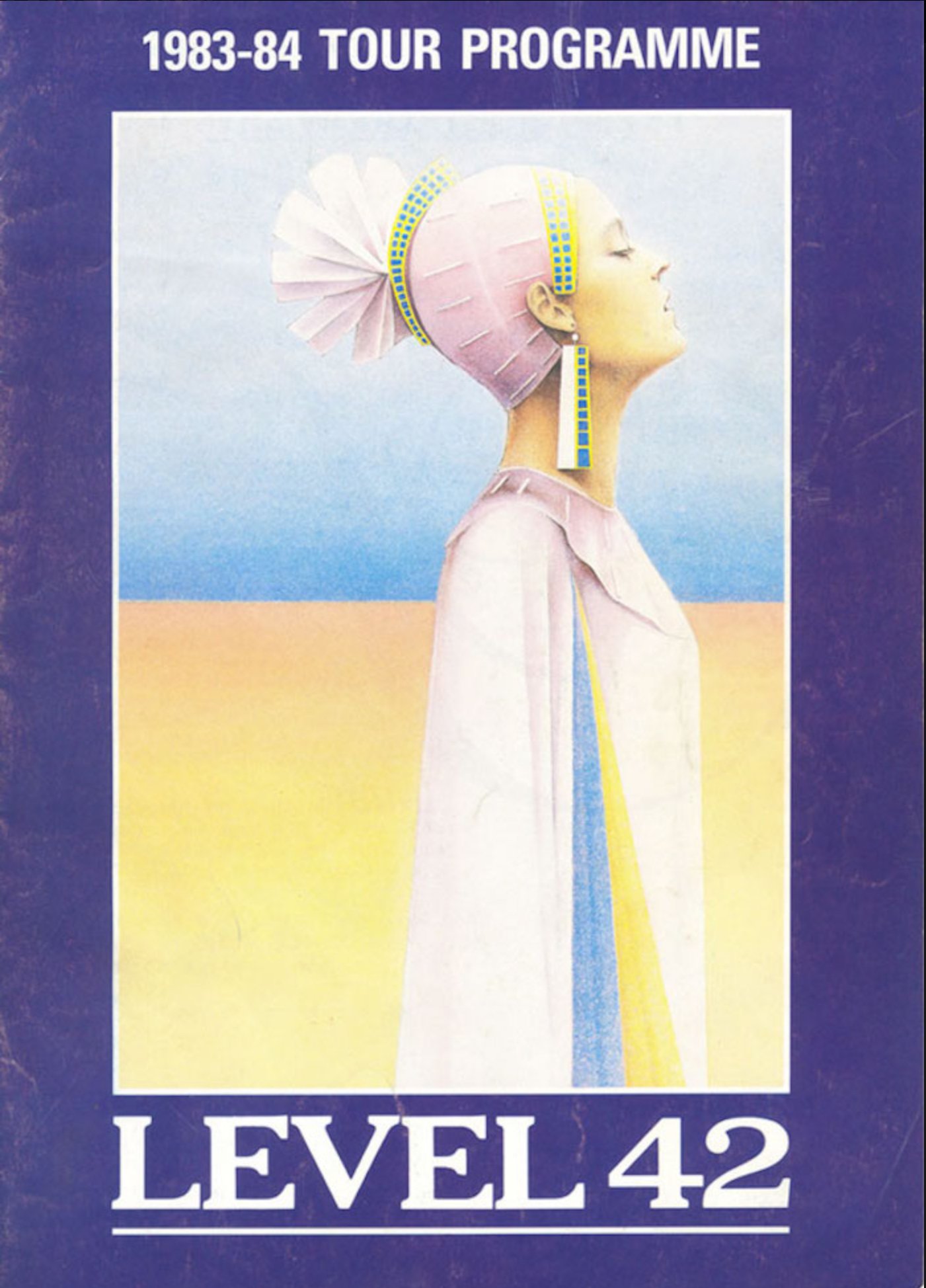Images may be subject to copyright
On this day, 28 September 1971, Black Country rockers Slade played Cardiff University.
Slade had worked endlessly during 1970 without finding the elusive hit record that manager Chas Chandler was convinced they had in them. One of their most popular live tracks they were performing at the time was what they believed to be an old Little Richard record entitled 'Get Down & get With It'.
In an effort to capture the very essence of the band it was chosen as their next single and released in May with little fanfare or trumpeting from Polydor. Despite that the track slowly began to rise up the pop charts until finally on August 1st Slade had their first ever top 20 hit in the bag.
The single became a pan European hit which kept the band occupied there at various stages throughout the year appearing on various TV shows plugging their new hit record. Peaking at number 16 in the official UK chart 'Get Down With It' as it is correctly titled gave them mass exposure across the country on the new fangled colour telly box's which were now becoming commonplace.
Gone were the Skinhead haircuts and accompanying paraphernalia. Instead Slade were openly embracing colour TV broadcasts and making sure that they were colourful and loud, very loud as they joyfully marched into the fabric of the nation.
In October the band recorded the shows which were to be edited down into a single LP for future release as 'Slade Alive'
The highlight of their year came in November when 'Coz I Luv You' reached the top of the national singles charts to give the band their first number 1 record.






